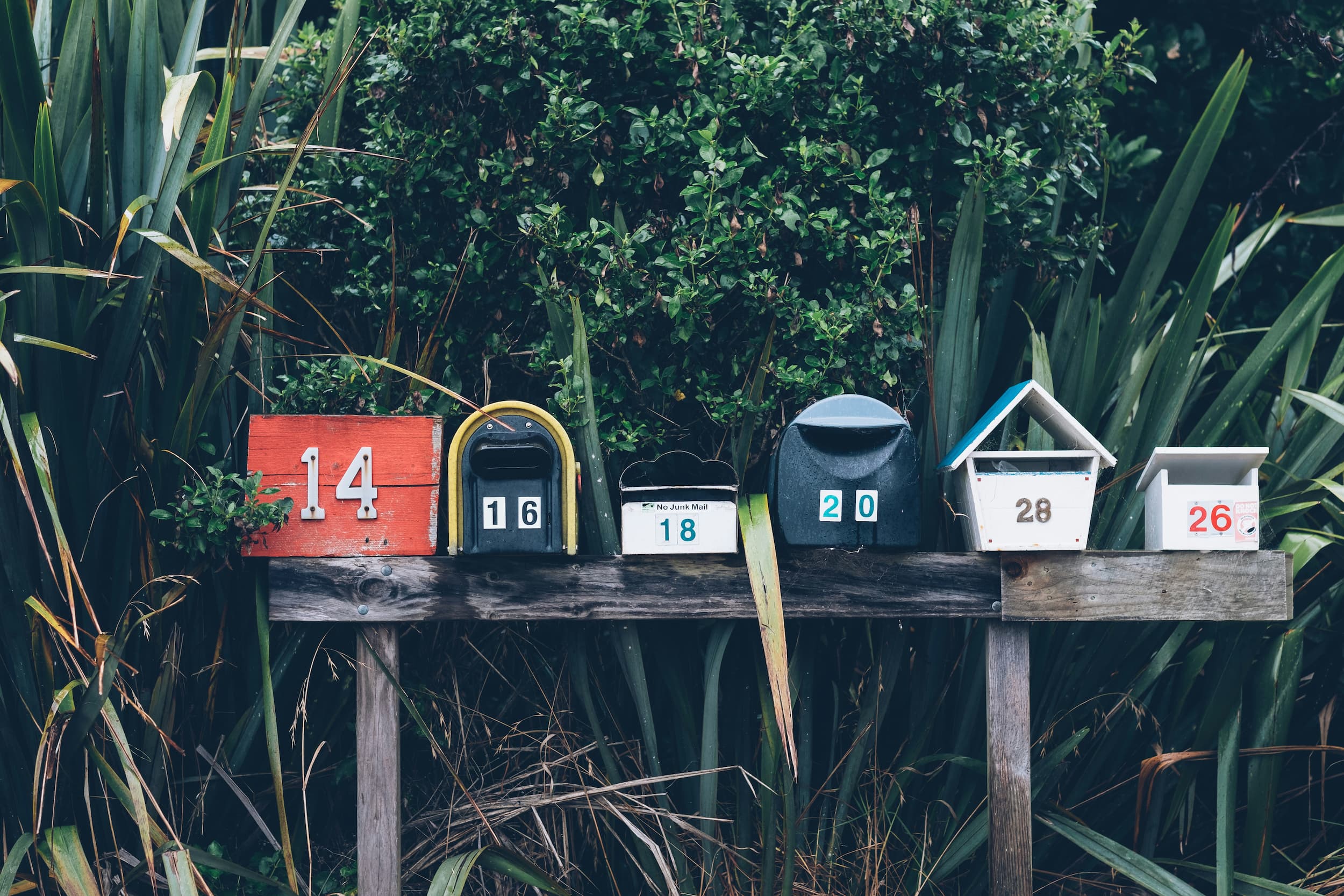It’s that time of the year: a policy change by Google & Yahoo that could throw your entire business and marketing strategy out the window.
This new policy will apply to any email service provider you are currently using to send out emails – services like Hubspot, Klayvio or Shopify. Even if you send only a few emails a day through those services, you will want to make the updates below. These updates should only take a few hours to make, but could save you hours of headaches over the coming weeks.
Google is set to enforce new guidelines for all email senders beginning February 1st, 2024 that all GMail hosted domains will need a SPF (Sender Policy Framework) record and all domains that send over 5,000 emails a day will need both SPF and DKIM (DomainKeys Identified Mail) records. Here are the official guidelines from Google.
Not to be left out, Yahoo is always making similar changes to their platform. Luckily, both Yahoo and Google are implementing similar policies.
That’s a lot of acronyms…what do they all mean?
DNS:
Let’s start from the top. A DNS record is a database entry that stores specific information about the domain. When someone enters your domain in, the browser sends that request to your DNS Server to translate the user-friendly domain into information that allows your computer to connect to the right locations. Common DNS providers are GoDaddy, Google Cloud DNS, DYN, Namecheap, Cloudflare, Bluehost, Amazon Route 53. At Carbon, we love Cloudflare and often suggest our clients use Cloudflare which has a great free tier.
There are a variety of different DNS record types: A Record, AAAA Record, CNAME Record, MX Record, TXT Record, NS Record, PTR Record, SOA Record, DKIM records, SPF records. For this update, we are just focusing on SPF and DKIM.
SPF:
SPF records is a record that specifies which mail servers are authorized to send emails on behalf of your domain. You’ll need an SPF record for any service that sends an email which looks like it’s coming from your domain. For a DTC company, a common SPF record to add would be for Klayvio.
Adding an SPF record helps to authorize the sending domain, and helps to protect your domain reputation and reduces the likelihood of emails being marked as spam, unverified, or flagged as a phishing attempt.
DKIM:
DKIM records are an email authentication method designed to detect email spoofing and to ensure the integrity of email messages. They are a digital signature that is added to the header of all emails to further verify identity.
DMARC
DMARC records build on the previous two record types. It uses the DKIM and SPF records, and then it adds a policy layer to instruct emails on how to respond to emails that don’t meet authentication. There are three policies that can be implemented: None, Quarantine, Reject.
- None: This tells the email provider for your customer to not take any action if the email is not authenticated.
- Quarantine: This tells the email provider to put the email in a separate folder – often a spam folder
- Reject: This tells the email provider to block any unauthorized emails.
Google is okay with you using a None policy, but we suggest starting off with Quarantine and monitoring emails that fall under that policy to make sure they all should be quarantined and then moving to Reject. Ultimately, we at Carbon believe you should use the Reject policy to best secure your domain authority and authentication.
That is a lot of information…but now what?
First step is to check your domain to see if you currently have any DKIM or SPF records. Use the form below to check:
The robots are checking out your domain: .
This might take 10 - 15 seconds.
Error
DKIM Missing
We tried the most common DKIM selectors we could but it looks like you might not have any in your DNS. Reach out to us to figure out a solution.
DMARC Missing
It doesn't look like you have a DMARC record. DMARC records are crucial for email deliverability.
SPF Missing
We checked and you are missing SPF records. This will violate Google & Yahoo's policy starting February 1st, 2024.
SPF Records!
Excellent news! We've found SPF records. It looks like you have records for the following services:
DKIM Records!
This will make Google happy! We found DKIM records within your DNS.
DMARC Records!
We found 'em! It looks like you have DMARC records. This is a great way to guarantee authenticity of your emails and protect your domain authority.
DNS Results for :
Great, now you’ll want to list out all of the different tools that are sending emails on your behalf and check to see if they have specific DKIM or SPF records which need to be added.
Finally, you’ll want to set up some sort of tracking to make sure that there aren’t any issues when it comes to email deliverability. There are a variety of great 3rd party tools, and Google offers a Google Postmaster tool to also assist with this.
Or better yet, partner with Carbon to help to manage this change and help to make sure your emails are ending up in your customers inbox. Email is one of the most important communication tools for your company, so why risk it! Become a better sender today with the help of Carbon.


